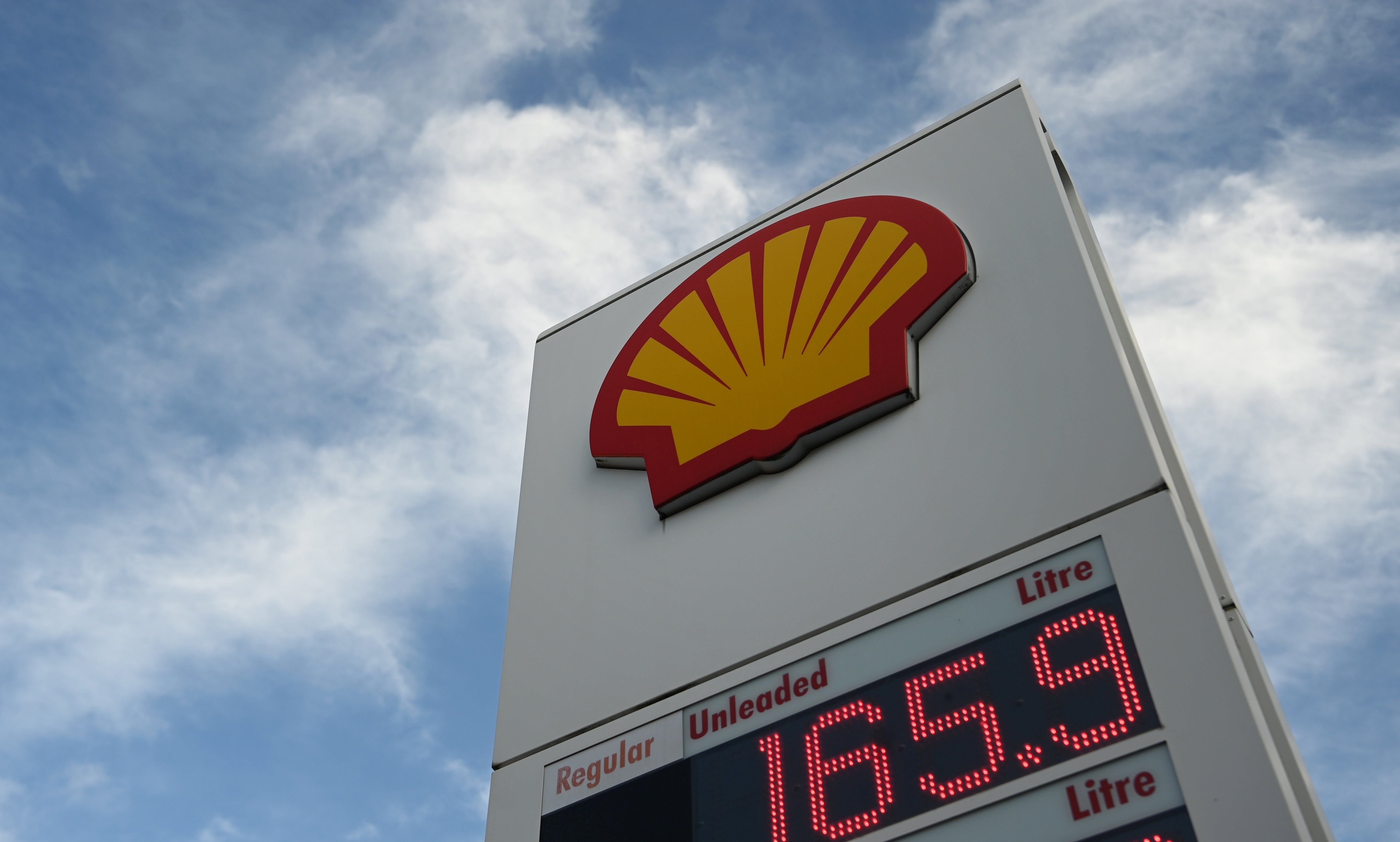Why windfall taxes are an easy political choice
The real economics of the energy market are complex, but taxing profit-making firms is easier to understand, as Sean O’Grady explains


The annual cost of the energy price guarantee is estimated to be somewhere between £60bn and £100bn. Even if the scheme is better targeted next year, the cost will probably still be greater than the entire UK defence budget or the total tax take from petrol and diesel fuel duty. It’s rather like inventing an entirely new medium-sized government department, but one with a budget based entirely on the global price of gas, Vladimir Putin’s taste for war, and the political pressures exerted on MPs by desperate households and businesses.
So it’s understandable that both the government and the opposition – who agree that an emergency scheme is needed – should be tempted by ever higher windfall taxes on energy giants. It was originally a Liberal Democrat idea, but was adopted by Labour and later partially introduced by Rishi Sunak while he was chancellor in Boris Johnson’s government. It was implemented in May. Since then, Liz Truss has ruled out any extensions to it; but now Mr Sunak is in charge, so it’s on the table again.
Yet none of the canvassed extra windfall taxes would contribute that much to the annual cost of the subsidy, or even to the assumed lower expense in 2023-24 or beyond. Labour’s proposed expansion would bring in an extra £8bn or so; its energy profits levy would be an additional 25 per cent tax on UK oil and gas profits on top of the existing special 40 per cent headline rate of tax applicable to the sector, taking the combined rate of tax on profits to 65 per cent.
Pushing the tax rate higher might reduce investment in the North Sea and in renewable sources of energy, at least one of which would be unwelcome. At the moment the levy would yield about £5bn – less than 10 per cent of the cost of the scheme. (The government has also forced producers of renewables to push their tariffs down under the “cost-plus-revenue limit” regulations.) Most of the current energy price guarantee, and Labour’s proposed alternative, will have to be funded via conventional borrowing and hikes in regular taxes. It’s just too big a hole to be filled by windfall taxes.
In addition, energy giants would argue that their industry is highly cyclical so current bumper profits balance bumper losses at other times. During the pandemic they lost huge amounts of money as industry and transportation shut down, but they didn’t dare ask for special subsidies to cover the deficit.
One major misconception is that the vast amounts of unexpected profit currently made by British-based oil giants are generated in the UK. They are not. So the headline-grabbing £26bn made by Shell in the first nine months of this year was mostly derived from its global activities, taxed in a myriad of jurisdictions. Only about 10 per cent comes from the UK generally; in the case of Shell, it has paid zero windfall tax in Britain despite making record global profits of nearly £26bn so far this year, because its British arm did not make any profits – in part because of heavy spending on drilling more oil in the North Sea.
Similarly, even if the government confiscated all the profits of the largest electricity generators and operators, such as E.on, SSE and National Grid, it would only amount to about £15bn and would be bizarre given the government is effectively paying a chunk of the firms’ income in the first place; this has led to the suggestion that they should be taken into public ownership.
But the real economics of the distorted energy market will always be overshadowed by the phantasmagoria of the oil giants’ quarterly profit updates – £9bn in the case of Shell, not far short of what Britain spends on its entire road network. In the present political environment, unloved entities such as energy giants, banks and big tech are vulnerable to tax raids by the government – and, post-Truss, it doesn’t matter which party is in power.



Join our commenting forum
Join thought-provoking conversations, follow other Independent readers and see their replies
Comments